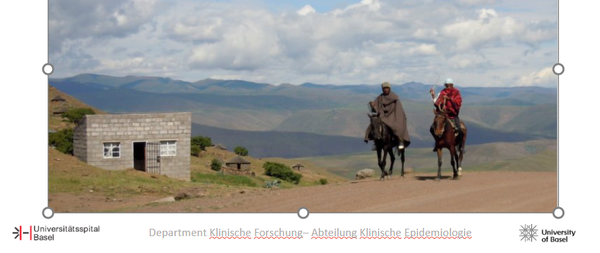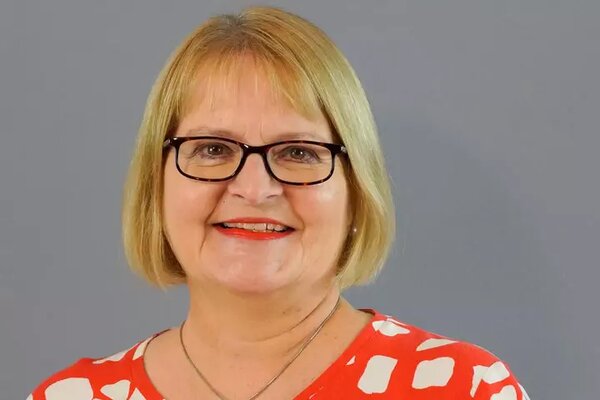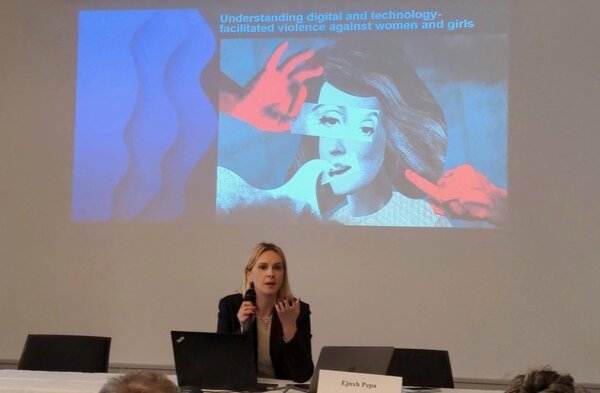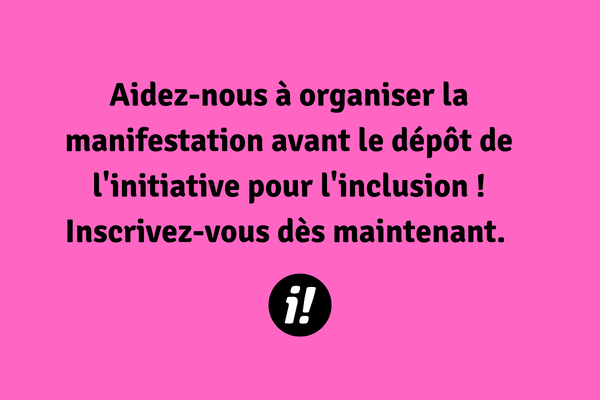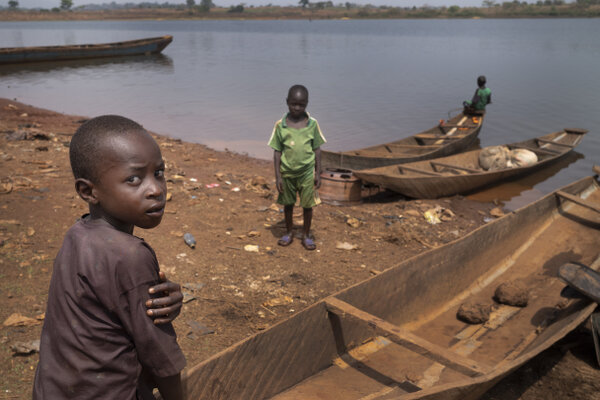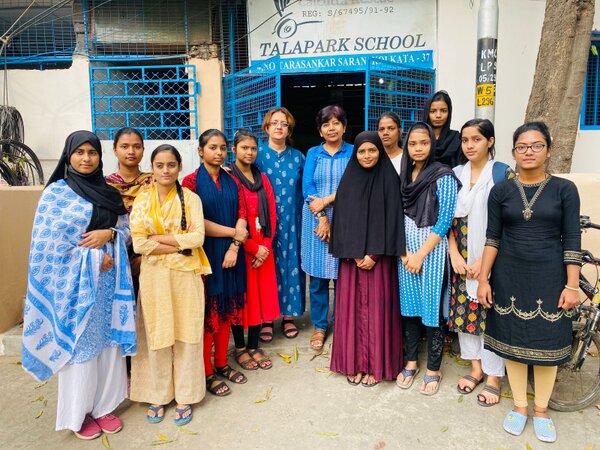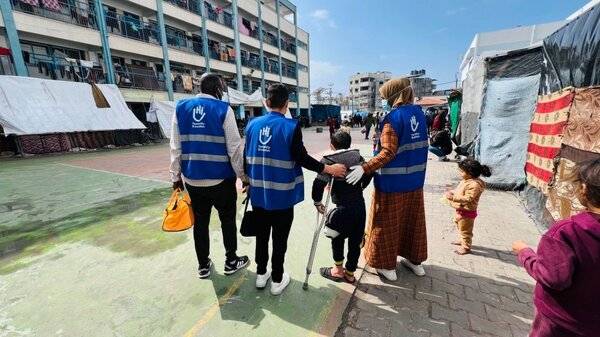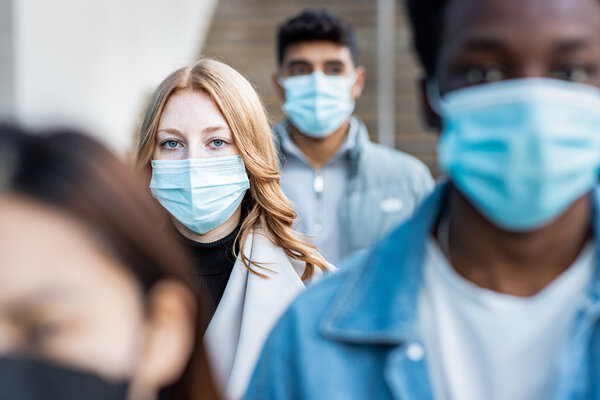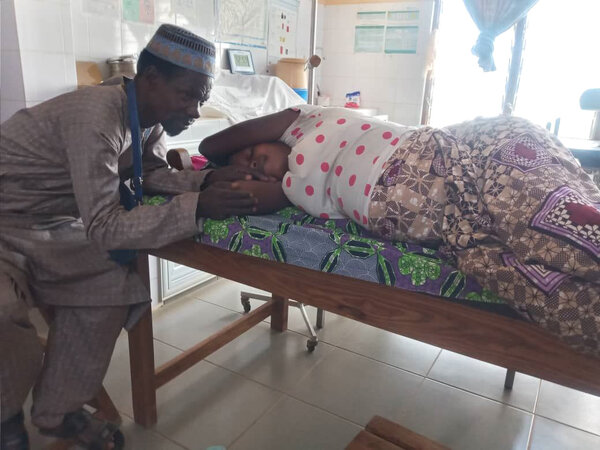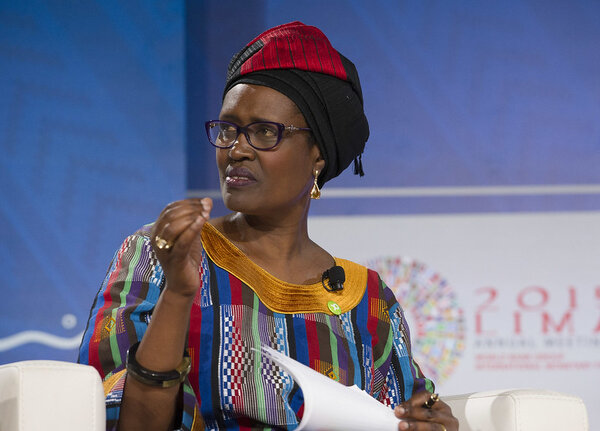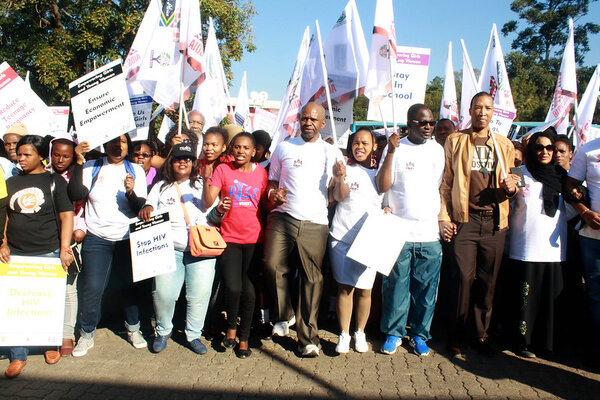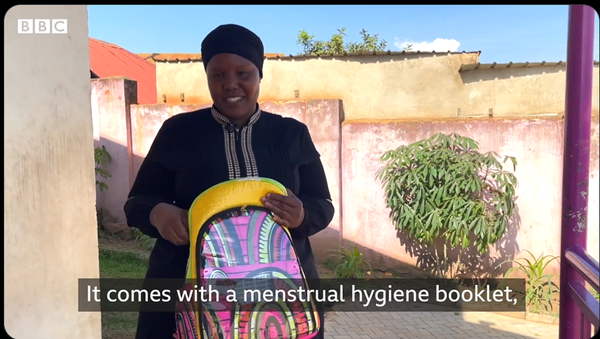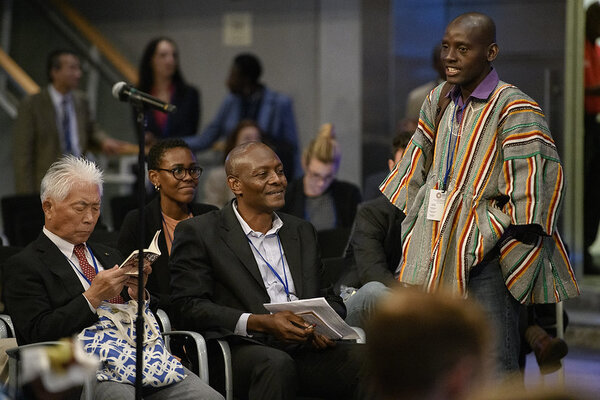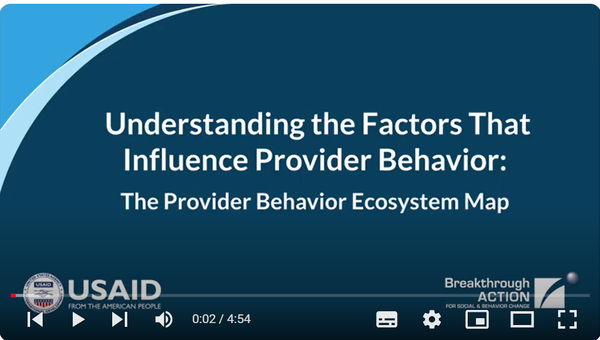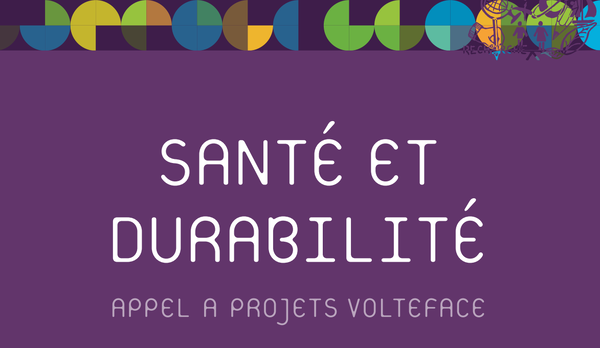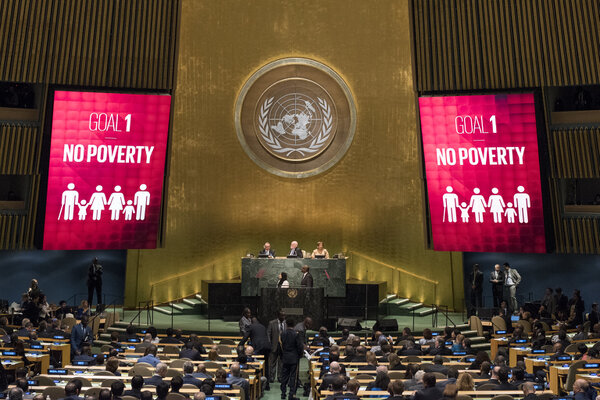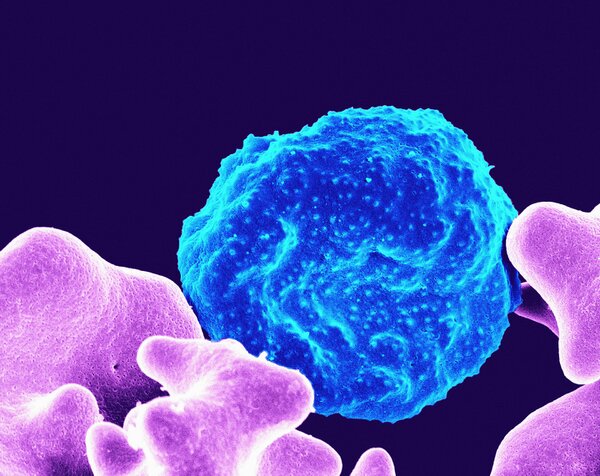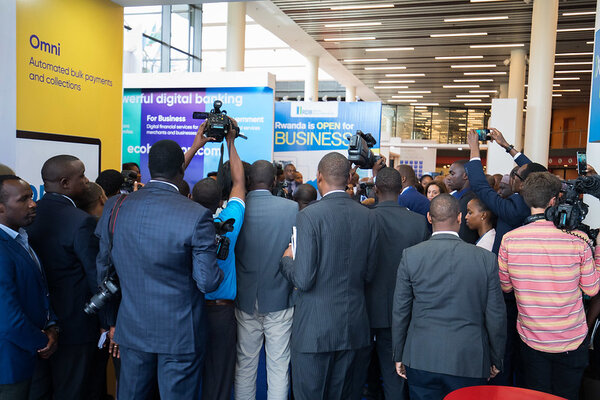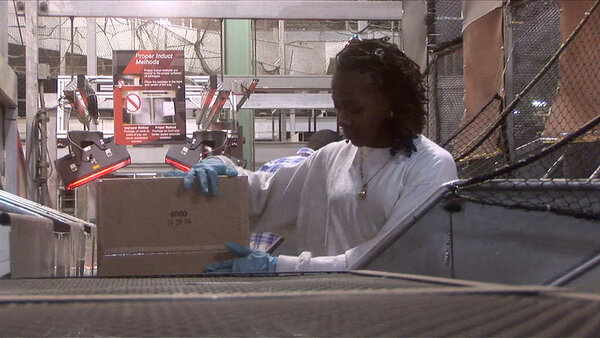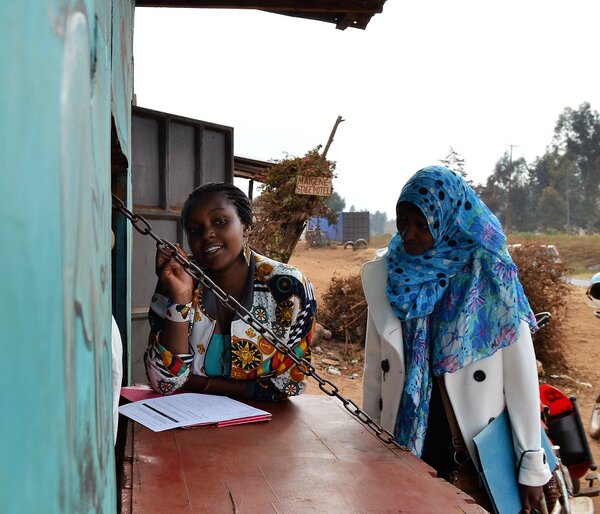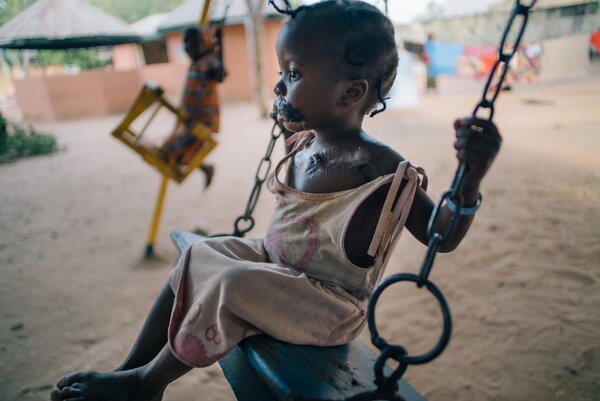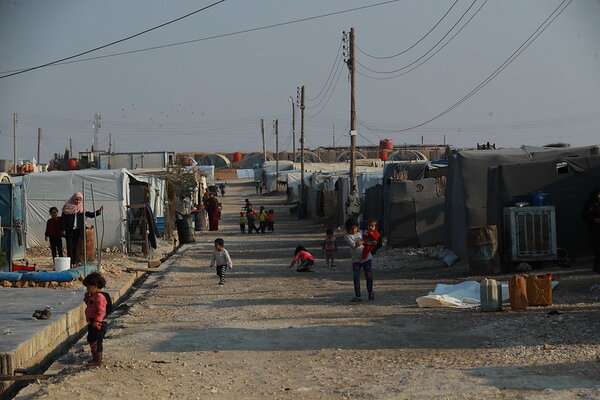Les élections au Parlement européen ont provoqué une onde de choc sur tout le continent. Les partis populistes de droite ont progressé massivement, et tout particulièrement dans les pays porteurs de l’idée européenne que sont la France et l’Allemagne. Toujours en France, où le président Macron a provoqué des élections législatives anticipées, le Rassemblement national pourrait bien donner au pays son prochain Premier ministre.
Les médias expliquent ce succès par la politique migratoire : celle-ci est jugée incontrôlable et génère de la frustration chez de nombreuses personnes. Cependant, la question se pose de savoir si les migrantes et les migrants (dans le discours politique, il s’agit toujours de réfugiés ayant de bonnes raisons de vouloir fuir leur pays d’origine) sont réellement la cause, ou plutôt le bouc émissaire, d’un mécontentement plus profond.
Quand une dame âgée vivant à Saint-Louis, en Alsace, à la frontière avec Bâle, est obligée de se rendre à Mulhouse pour une urgence médicale et attendre quatorze heures pour y être soignée, cela génère des raisons de mécontentement politique très concrètes. Quand les services publics de base, comme les soins de santé, ne fonctionnent plus, les frustrations et les questions sur tout ce qui fait la pertinence de l’État augmentent. Lorsqu’un système étatique ne parvient plus à garantir des droits fondamentaux tels que le droit à la santé, il perd sa légitimité.
Les forces populistes de droite jouent la carte de la nostalgie d’un passé prétendument meilleur. Face à ces forces antidémocratiques, la seule solution est de s’engager contre l’exclusion et pour des services publics forts. Il faut adopter une attitude solidaire envers les personnes les plus défavorisées dans notre pays, et envers celles luttant pour leurs droits fondamentaux dans le Sud global.
Martin Leschhorn Strebel
Réseau Medicus Mundi Suisse
E-Mail


